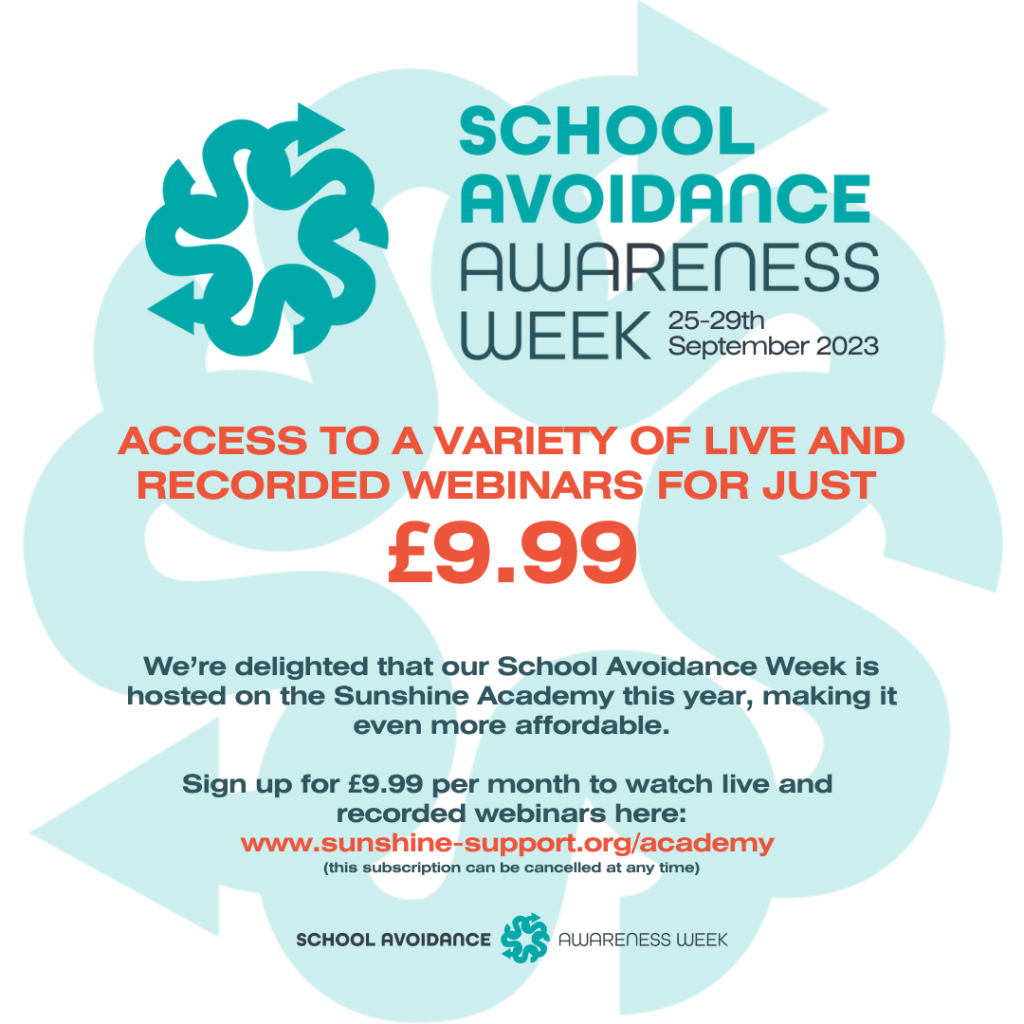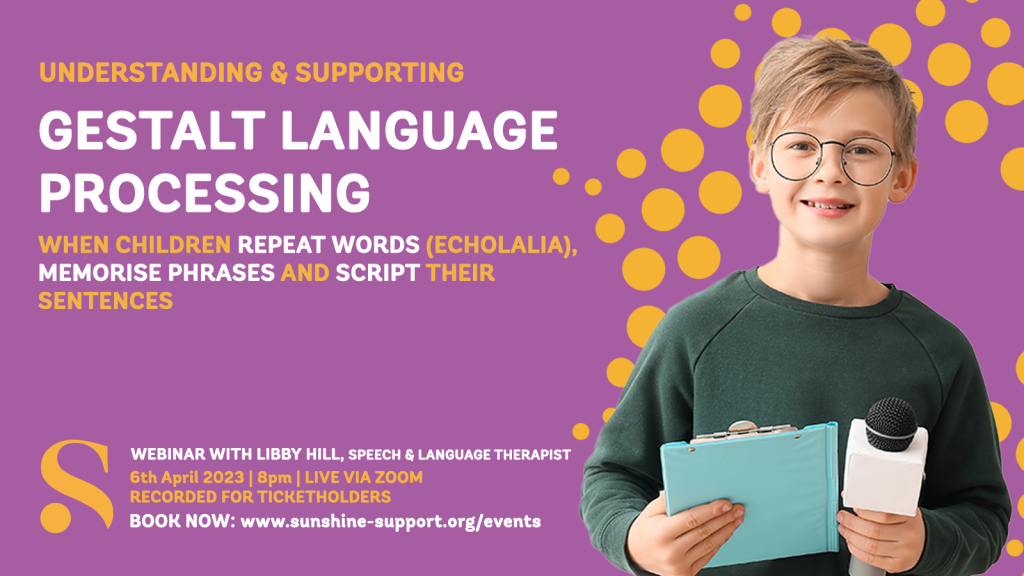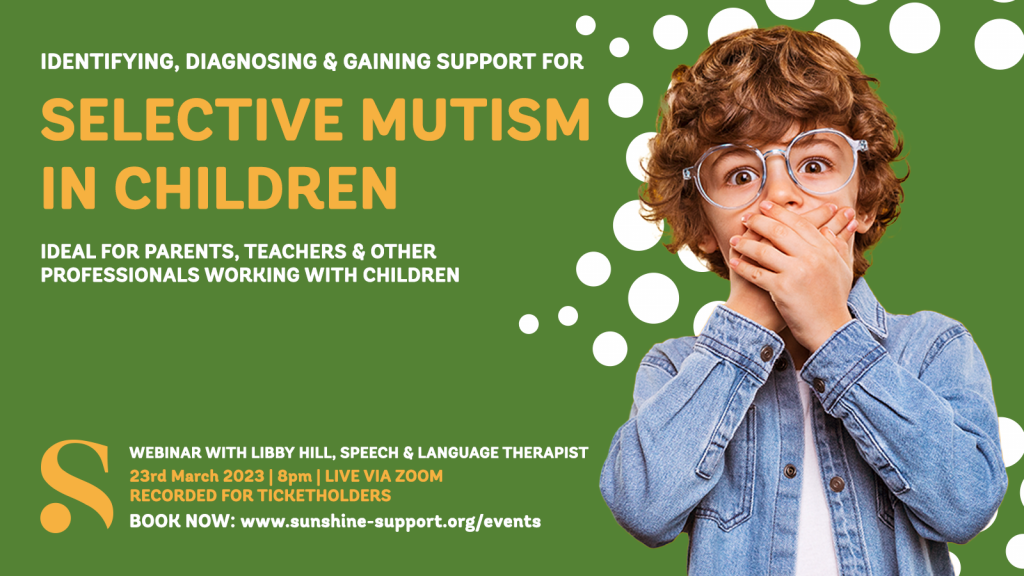How Trauma Impacts the Nervous System and Our Health: A Somatic Approach to Supporting Children

A guide on trauma and the somatic approach, aimed at supporting parents and professionals.
On The Double Rainbow – Ausome Charlie

Intersectional Diversity: The ‘Double Rainbow’ of Autism and LGBTQIA+ Charlie Hart, also known as ‘Ausome Charlie’ (she/they), is a popular keynote speaker, an experienced Human Resources Analyst, and an influential […]
Managing Back To School Anxiety

Helping Children Manage Back-to-School Anxiety Here at Sunshine Support, anxiety is one of the topics that we come across the most, especially as we approach the start of the new […]
Managing Different Needs Within the Family
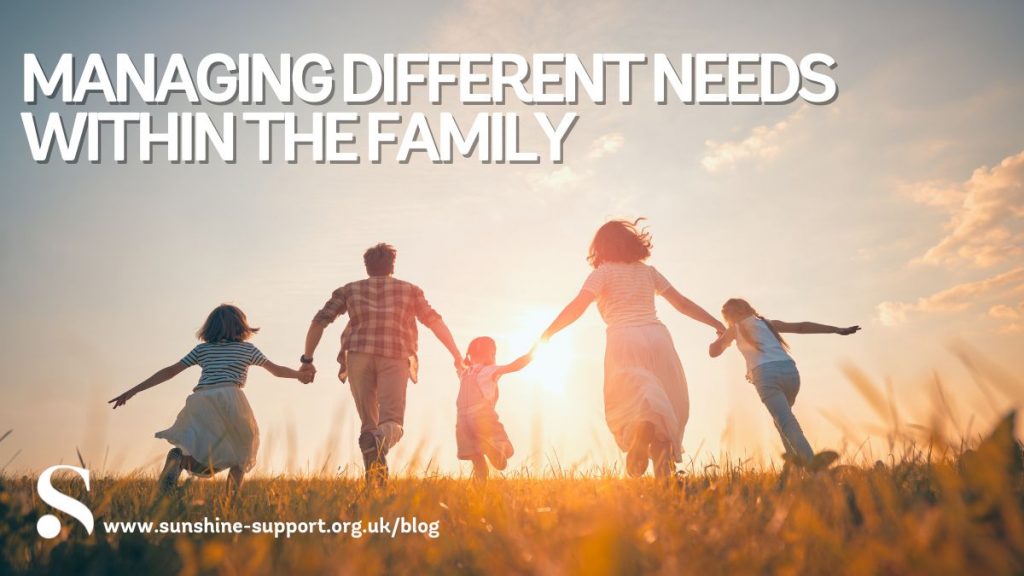
The task of meeting the needs of your entire family is demanding enough without mixed needs to consider; how do we manage different needs within a family effectively? In this […]
Supporting & Understanding Dyscalculia
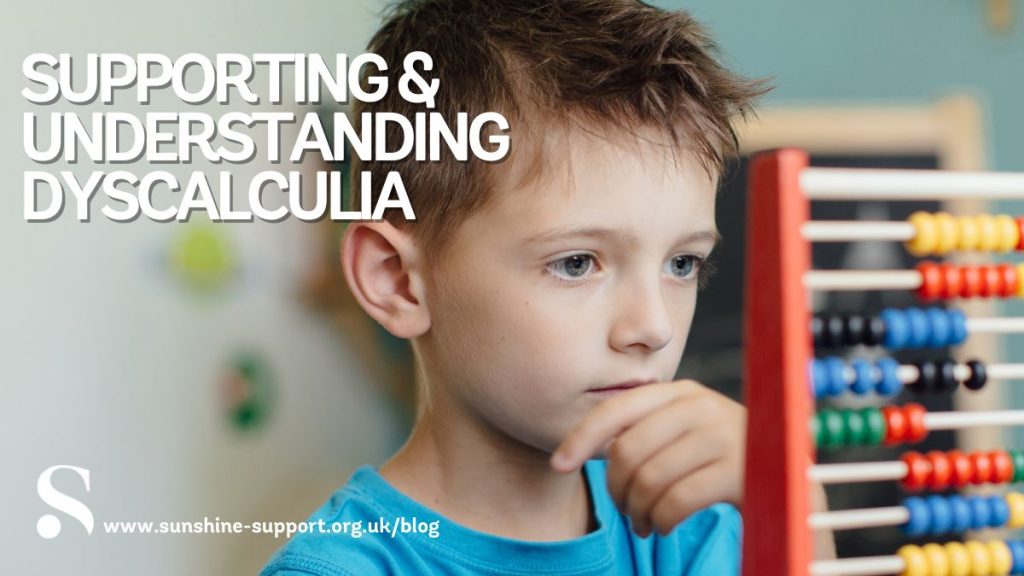
Dyscalculia – a condition that we feel hasn’t has enough attention for too long! For those of us who’ve actually heard of it, many of us still don’t fully understand […]
The General Election: Concerns of SEND Families
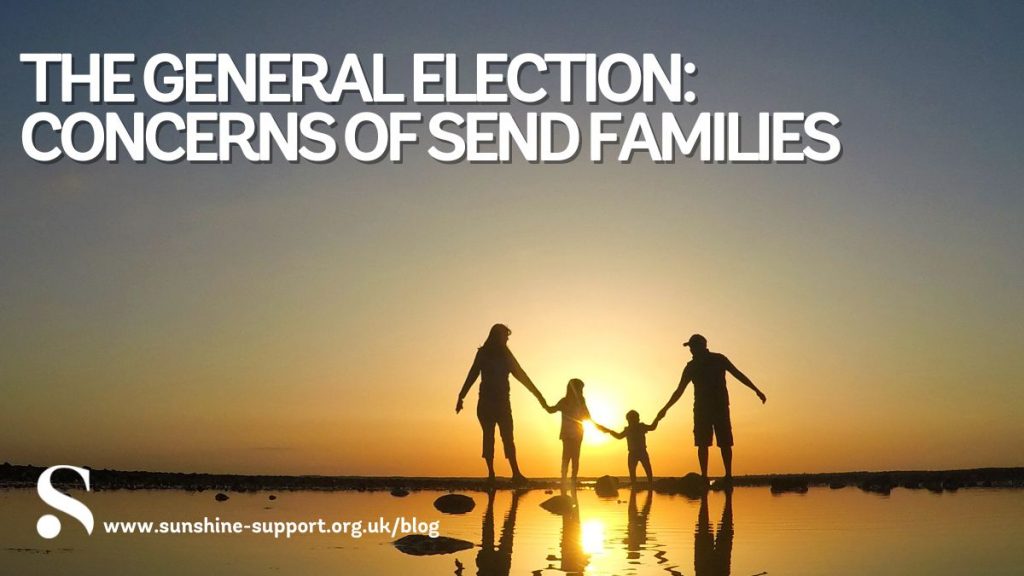
With the General Election looming, the resounding question of SEND families across the nation is; what about SEND? The General Election is on the 4th of July, and whilst the […]
Sunshine Support Welcomes Renowned Headteacher Lindsay Galley to Their Team…

Some exciting news from Team Sunshine Support! After spending decades teaching the children of Derby city, Chellaston headteacher Lindsay Galley has taken a bold step out of educating children to […]
What is Trauma?
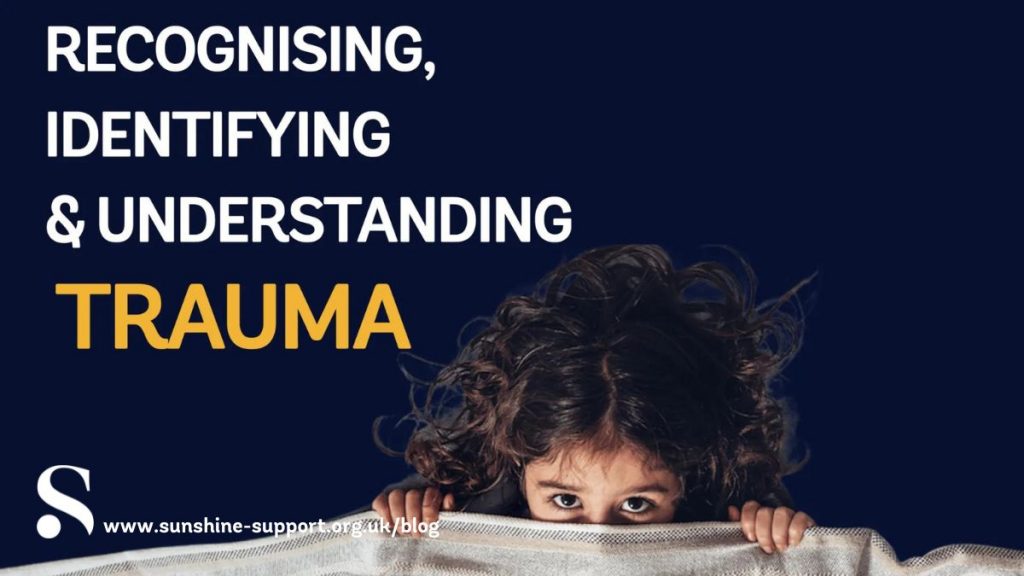
I think many of us are afraid to use the word ‘trauma’ which really should not be the case. Perhaps this is due to people fearing using the word incase […]
What is Pathological Demand Avoidance (PDA)?

If you’re a parent or professional in the world of SEND (Special Educational Needs & Disabilities), you may have come across the term ‘Pathological Demand Avoidance’, often abbreviated as ‘PDA’. […]
EOTAS – 5 Things you need to know

Education other than at school (EOTAS) can be a fantastic option for anyone who cannot access suitable education. Sometimes it’s also the only option left. There can be many positive […]




